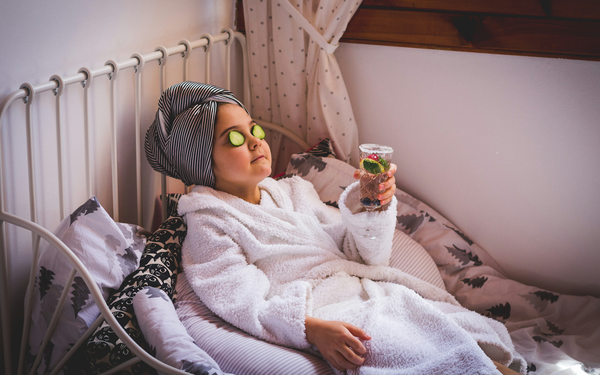
One demographic group appears to be largely responsible for
the latest trends in leisure travel.
Three of the most notable trends found in a 2026 Leisure Travel Study were the rise in the use of AI tools, and increased interest in solo travel and
wellness tourism year-over-year. Millennials appeared to be largely driving each of these shifts. The study was conducted by travel and tourism-focused marketing agency The Brandon Agency and hotel
marketing-focused sister agency TravelBoom, who first teamed up for the survey back in 2021.
The largest change from last year’s survey was a sharp rise in travelers who said they used
AI in the past year, with 63% reporting they had used such large language model tools, a 25-point increase from last year’s study.
“The takeaway there is, you'd better get prepared
to be discovered by AI search,” TravelBoom Chief Strategy Officer Cary Murphy told Marketing Daily.
advertisement
advertisement
Millennials were far more likely to embrace the technology than other
generations, representing 59% of those using it “regularly,” and 52% of those using it “occasionally.” Gen X represented 19% of those reporting regular use, and Gen Z 17%.
Disinterest in such tools actually rose among Gen X, who represented 35% of respondents that reported they hadn’t used and were “not interested” in the technology.
Two types
of travel experiences saw a large jump over the course of the past year: solo travel and wellness vacations.
In last year’s report, 46% of respondents reported having engaged in solo
travel; that stat jumped 13 percentage points to 59%. Millennials were significantly more likely to have taken solo trips. Fifty-two percent of those who reported having traveled solo over the last
five years were millennials, compared to 22.5% for Gen X-ers, and 9.5% for baby boomers.
Millennials also represented nearly half (49.4%) of respondents who listed solo travel as the new
travel experience they’re most interested in, compared to 17.6% for Gen Z, 21.1% for Gen X, and 11.7% for baby boomers.
The trend suggests travel brands should connect with
consumers looking for better solo travel experiences.
“We don’t see many solo-centric packages at all,” TravelBoom CEO Scott Brandon said, calling a lack of options designed
to appeal to solo travelers a “missed opportunity.” He added, “l think there’s space for that: optimizing personalization with solo-trip friendly experiences or
guides.”
Another change from last year’s report was the rise in wellness vacations. Fifty-five percent of respondents said they would consider going on a wellness retreat, an
increase of 12 points from last year. The most popular activities with travelers interested in wellness were spa treatments (78%), meditation (64%), and fitness (52%).
That’s a trend
already showing up in some travel brand programming and marketing. Hyatt’s Inclusive Collection expanded its focus on wellness programs as part of its “Time Here Is Worth More” campaign, and Fairmont Hotels & Resorts is now offering after-hours private spa access as
one of its “Special Happens…” experiences.
Fifty-seven percent of those interested in wellness travel were millennials, compared to around 19% for Gen X and just 6% for baby boomers.
Murphy explained that many of these rising trends
relate to a broader shift in consumers prioritizing “authenticity” in travel, and “personalization” in their travel options, something he said could work to the benefit of
smaller properties, with “local experiences mattering more than fancy amenities.”